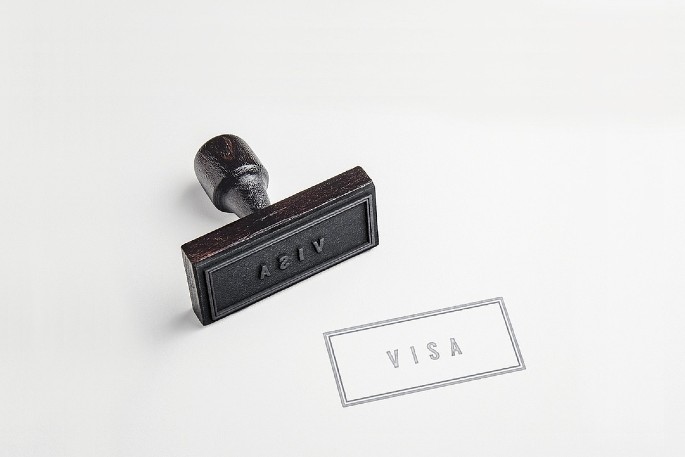This Content Is Only For Subscribers
The Insurance & Financial Services Ombudsman Scheme (IFSO Scheme) is warning travellers to check visa requirements and travel documents carefully after seeing a number of travel insurance claims declined due to missing entry visas or incorrect details.
“Travel insurance is generally pretty good at covering mishaps and unexpected disruptions, but there are a few exclusions that people should be aware of,” says the Insurance & Financial Services Ombudsman Karen Stevens.
“Many travel insurance policies contain exclusions for expenses arising from not having an appropriate entry visa. This can prove costly for travellers who may not have realised they needed an entry visa. This is particularly relevant with the new entry requirements for the UK and Europe for 2025,” she says.
New Zealand citizens travelling to the UK without a visa or other UK immigration status now need an Electronic Travel Authority before they travel – a new requirement from January 8, 2025. In addition, from sometime in the first half of 2025, travellers to the European Union will be required to complete a separate European Travel Information and Authorisation System travel authorisation before travelling.
In a recent case investigated by the IFSO Scheme, a man’s flight was changed and he didn’t realise he subsequently needed a visa. The man’s flight to Bali was changed by the airline, and his new flight included more than 8 hours’ transit time in Australia. This meant he required a transit visa, but he didn’t realise, and didn’t get one.
When he went to the airport he wasn’t allowed to check in for his flight, because he didn’t have the appropriate visa. The airline refunded his original ticket and he had to purchase new tickets at an additional cost. He made a claim to the insurer for the additional cost, but they declined his claim, referring to the policy exclusion for expenses or claims arising from not having the appropriate entry visa.
In another case, a couple weren’t able to board their flight to Vietnam because the wife had the wrong date of birth listed on her entry visa. She said she had given her correct date of birth to the visa office, and it was unreasonable to expect her to notice such a small error on the visa. The visa was also mostly written in Vietnamese.
The couple bought new flights and made a claim to their travel insurer for the additional cost. However, their insurer declined the claim, based on the policy exclusion for loss arising from not having the appropriate entry visa.
In both of these cases, the people complained to the IFSO Scheme about their declined claims. However, the IFSO Scheme was unable to uphold their complaints, because the policy exclusions applied.
“Even though the first man didn’t realise he needed an entry visa when his flight changed, the policy exclusion still applied, regardless of whether his oversight was intentional or not. In the second case, while it would have been difficult to ensure that the visa details were correct, given it was written in Vietnamese, the exclusion still applied. The exclusion was strict, meaning that if someone had a visa with an error, and this was outside their control, the exclusion would still apply,” says Karen.
The IFSO Scheme can only consider whether an insurer has correctly applied the terms and conditions of a policy.
“It’s a shame when people’s big travel plans get affected by small mistakes. It’s important to thoroughly check visa requirements for the countries you are travelling through, and double check your travel documents are correct, as you can’t rely on travel insurance covering expenses incurred from not having the appropriate visa,” says Karen.
The IFSO Scheme resolves complaints about insurance and financial services, and is independent, fair, and free for consumers. People can make a complaint to the IFSO Scheme at: www.ifso.nz or by calling: 0800 888 202.



